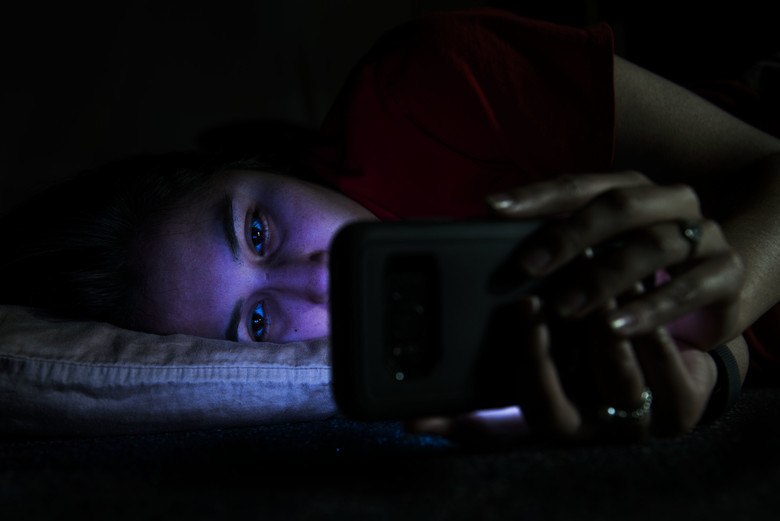“A night owl” or “an early bird?” A recent study shows that the time we go to bed affects our risk of obesity and diabetes. It turns out night owls have a higher risk of developing many health problems which are much more serious than simply not getting enough sleep.
We’re either a day person or an evening person, and genes do play a part in these sleep patterns.
But, once we find out the health risk of going to bed late every night, we might want to change our sleeping pattern and become an “early bird.”
This is why being a night owl is bad for our body and health.
Research on the Health Risks of Going to Bed Late
A Korean study analyzed the characteristics of the morning and night chronotypes, or the sleep and wake cycle, of 1620 people at the age between 47 and 59.
They had to assess their sleep quality as well as daily activities like exercise that could affect their sleep. 480 of them were morning people, 95 were evening people, and the rest were neutral.
Researchers monitored their metabolic details and sleeping patterns and discovered the following.
Evening people have a higher risk of developing sarcopenia (loss of muscle mass), metabolic syndrome, and diabetes.
More exactly, the women among these evening people had an increased risk of metabolic syndrome and more belly fat.
On the other hand, the male night owls were more likely to develop sarcopenia and diabetes.
One of the study authors, Nan Hee Kim, stated that the participants who were considered as evening people had a higher risk of all of these health problems than the participants who were early risers.
Why Is That?
The reason for the increased risk of these conditions in evening people is probably due to their poor sleep quality and the tendency to engage in unhealthy habits.
Some of them include sedentary lifestyle, late-night eating, and smoking.
Another study shows that late bedtime increases the risk of obesity as well.
Our Biological Clock
We all have our natural biological clock, but many factors affect it and change it throughout our lifespan. Some of them are internal, and others are external.
They include stress, diet, medications, chronic pain, the environment (light, noise), shift work, etc.
Even though going to bed late from time to time is not detrimental to our health, it will become if we start to practice this habit more often.
People who tend to go to bed late almost every night are at risk of all of the above-mentioned health problems.
So, even if we can’t control our biological clock entirely, or 100%, we can still make some changes in our daily routines that will help us fall asleep earlier.
Tips to Get to Bed Before Midnight
We hope the following tips will help anyone to go to bed earlier this night:
- Avoid caffeine, cigarettes, and alcohol before sleep;
- Expend more energy during the day;
- Don’t stare at the smartphone, laptop, or TV before going to bed;
- Fix the room temperature.


